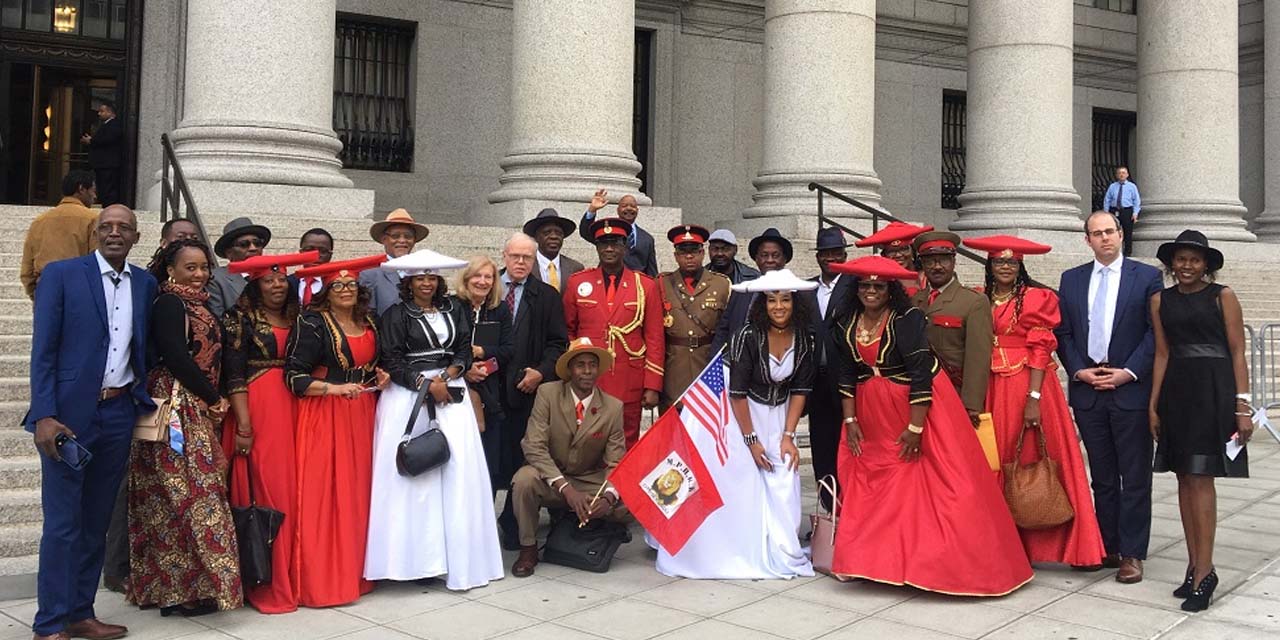Kandjemuni Kamuiiri
Five months later the Ovaherero and Nama people are still to appeal last September’s US Court’s ruling which refused to hear their case against the German government citing lack of jurisdiction over the matter.
The two tribes had approached the US Courts in pursuit of genocide reparations against the German government.
Nama Traditional Leaders Association Secretary General, Deodat Dikse, confirmed to the Windhoek Observer that no action has been taken since the ruling was handed down. “The appeal is still in process as we are appealing to the Supreme Court, it has not yet been finalised yet, and it is still very confidential where we are. Because of COVID-19, there are delays but apart from that we are close to finalising.”
On the Euro 10 million (N$176m) offer revealed by the President Hage Geingob last year as a settlement offer from the German government, Dikse said the affected communities have never been informed of the development.
“We also heard it from the President. The Germans also do not know of it and have denied it,” he said.
Professor Mutjinde Katjiua, the Secretaryof the Ovaherero Traditional Authority, said the organisation was still attending to the court case.
“The council is seized with the matter and is convinced that fairness will prevail someday. As for the legal process, the US Supreme Court can only be the ceiling,” he said.
“In the meantime, victims communities will continue to pursue political means to bear pressure on the German State to see meaningful reparations be paid to victims of genocide,” he added.
Namibia and Germany began negotiating an agreement in 2015 that would see Germany give an official apology.
The position of Germany to provide development aid as compensation for the killing of tens of thousands of indigenous Ovaherero and Nama by German occupiers in 1904-1908 remains a bone of contention, with the country repeatedly refusing to pay direct reparations, instead pointing to the millions of euros it has given to Namibia in development aid so far.
Historians say some 65,000 of the 80,000 Ovaherero and at least 10,000 of the 20,000 Nama died in what is widely accepted as the first genocide of the 20th century.




